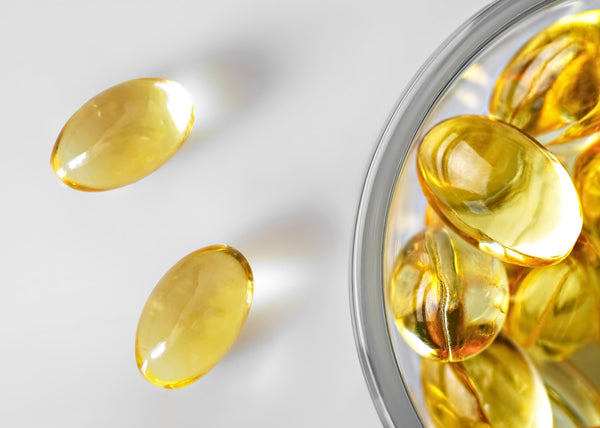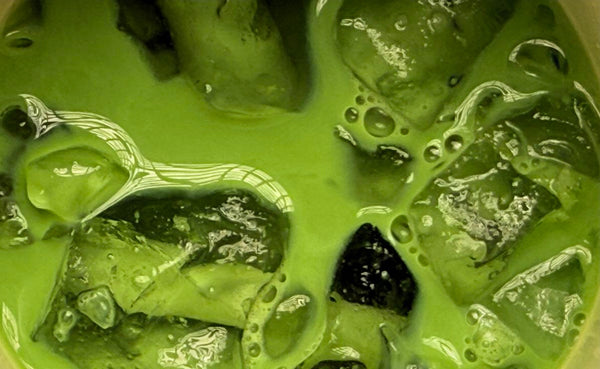When it comes to plant-based diets and plant protein sources, there are many pervasive misconceptions out there. Let's take a look at some of the most common myths about plant proteins and set the record straight.
Myth #1: Plant Proteins are Incomplete Proteins
This myth stems from the fact that many plant protein sources are low in one or more of the essential amino acids. However, it's easy to get all the essential amino acids your body needs on a plant-based diet by eating a variety of plant proteins throughout the day. Extensive research states that protein needs can be easily met by consuming a variety of plant-based foods. The myth that plant proteins are incomplete, suggesting that they lack one or more essential amino acids, is false. Plant protein powders and supplements are a great way to fill in any gaps.
Myth #2: Plant Proteins Cannot Be Used to Build Muscle
While it requires more planning, it's possible to build plenty of muscle on a plant-based diet. Many prominent athletes have made the switch to plant-based diets and vegan protein powders and seen excellent results. While animal-based protein has traditionally been considered the gold standard for muscle building, research suggests plant-based protein can be equally effective. Relevant studies suggest that Pea protein was found to be as effective as animal protein in improving muscle thickness and strength in trained men over a 12-week resistance training program. High-quality natural proteins like pea plant protein isolate can support muscle growth and strength gains similar to animal proteins when combined with resistance training.
Myth #3: Plant Proteins are Heavy on the Gut
Protein type impacts gut health, but the idea that all plant proteins are hard to digest is false. Many find plant proteins from sources like brown rice, peas are easier to digest than animal proteins. Researchers compared the digestibility and gut effects of animal protein versus plant proteins from peas and cereal grains. It was concluded that plant proteins are easier to digest, while animal proteins produce excess metabolites that could harm colon health. Additionally, unlike plant proteins, animal proteins contain lactose which can cause digestive issues for those lactose intolerant.
Myth #4: Vegan Protein Supplements Are Unpalatable
While some plant protein powders can have a gritty texture, many high quality vegan protein powders today are smooth, easy to mix, flavorful, and formulated using scientific evidence to develop potent blends that are not only effective but also delicious. The use of natural flavors and innovative processing create delicious, easy-mixing powders that provide complete nutrition.
Myth #5: Plant Proteins Don't Support Metabolism
Plant proteins are not inferior to animal proteins for preserving metabolism and lean muscle mass. A recent study in nutrition analyzed that substituting plant protein for animal protein led to modest weight loss, reduced body fat, and better cholesterol levels. As long as you consume enough high-quality plant protein and calories, your metabolism will be supported optimally.
Myth #6: Plant Protein Powders Can't Be Consumed Daily
For most people, there's no issue with consuming a plant-based protein powder or vegan protein supplement every day, as long as you're purchasing a high-quality, good vegan protein supplement without any extra additives or ingredients. Plant proteins tend to be allergen-free and easier to digest for many. As with anything, consume in moderation as part of a balanced diet.
Myth #7: Plant Proteins Don't Give Results
This myth simply doesn't hold up. Countless people have achieved excellent fitness results - from building muscle to losing fat to boosting strength and performance - on 100% plant-based diets using the best vegan supplements and plant-based protein powders for muscle gain. The key is getting enough high-quality plant protein from top plant-based protein powders and following a well-designed nutrition and training plan.
The bottom line is that plant proteins from whole foods or supplements, as part of a balanced, nutrient-dense diet, can absolutely support fitness goals and overall health.



























 DOWNLOAD NOW
DOWNLOAD NOW
